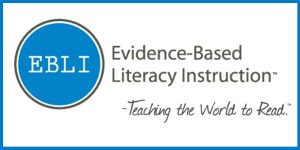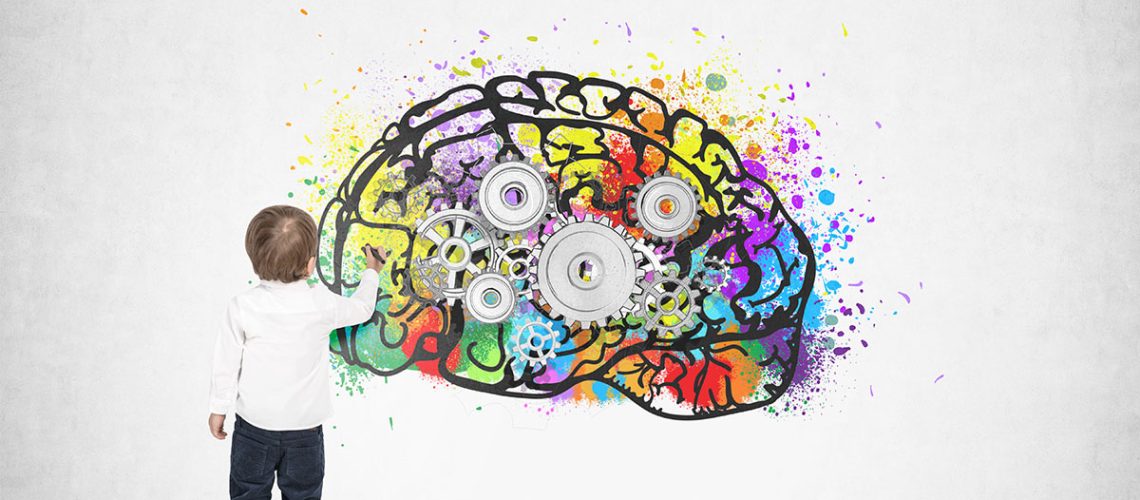Evidence-Based Literacy Instruction (EBLI) is an effective, efficient, systematic, research-based, revolutionary system of explicit literacy instruction, delivered through online, interactive training for classroom teachers and remediation educators.
EBLI aligns with the Common Core Standards and
Grades K-3 Essential Instructional Practices in Early Literacy.
Benefits of Brain Training Games
In this blog, I am sharing some non-academic cognitive processing activities, how to do them, and why and how they enhance learning. So many people have been requesting this information and I’m excited to share it.
These activities remove brain ‘debris’; they improve connections in the brain, which helps information to process more efficiently.
Sometimes a learner’s academic progress is hindered by difficulty with cognitive processes such as attention, processing speed, impulse control, expressive or receptive language, memory, timing and rhythm, planning, fine and/or gross motor activities, sequencing, simultaneous processing and more.
They need to fine tune some of their brain processes. For example, if you were trying to send logs to a saw mill down a clogged river after a tornado, the logs would have difficulty getting through because there’d be too much debris in the way. Once the brain ‘debris’ is removed, new information can be processed much more efficiently. Think of them as brain fertilizer!
These are simple but powerful ways to enhance learning for all ages. Click here for the steps so you understand the why and how of teaching these activities. Like with EBLI, there are nuances that make these activities exceptionally beneficial. Pay attention to the important scaffolding steps, error corrections, and focused, purposeful (and brief) talking that take place during instruction. AFTER reading the information as well as the rest of the blog, check out the video examples where I’m doing activities with some of our clients. Then forward this to parents, teachers, or friends who you think would appreciate having this to help their learners!
With new learning, the brain changes by making new connections between neurons in the brain and, with repetition, the new learning ‘sticks’ and becomes automatic. All EBLI activities are infused with cognitive processing components which help make the instruction very effective and efficient. We use these additional activities to speed up the learning for some of the students at our reading center. Most of these activities need to be taught to only one student at a time to really integrate the process and provide focused error correction.
When first exposed to these games, the learner may have significant difficulty at first. This is typical! We use a process called Mediated Learning when teaching in order to quickly move the learners to success.
To accelerate success when teaching something new, whether math, reading, fishing, tying shoes, or these games, break everything down to each specific step. SHOW them while you are telling them (or use motions instead of words), walk them through the process, and be sure THEY do the movements themselves. Learners must experience the process themselves, not just be told or shown how to do it, in order to get the most benefit from it.
The Mediated Learning steps are as follows:
I do: You show exactly what you want student to do.
We do: Give explicit, concise instructions with as few words as possible. Show what you mean at the same time that you are telling them.
You do: Coach the learner through the process by giving clear, short corrections when they make errors and have them do the process again.
This video describes mediated learning in more detail.
Watch the following videos all the way through so you can see the transformation from difficulty to success! Remember to use fewer words and show instead of tell as much as possible. Talking interferes with the learner’s thinking and processing.
3. Boyfriend Patty [words to song]
The highlighted resources on this list of books and web sites focus on cognitive process training.
Do you have other great resources you recommend? If so please list them in the comments below and we will share them on our Facebook page.
Once you have taught someone, of any age or ability level, at least one of these activities please let us know how it went or what questions you have in the comments.





